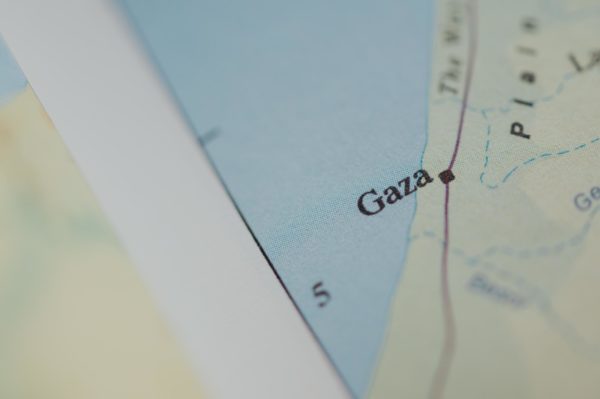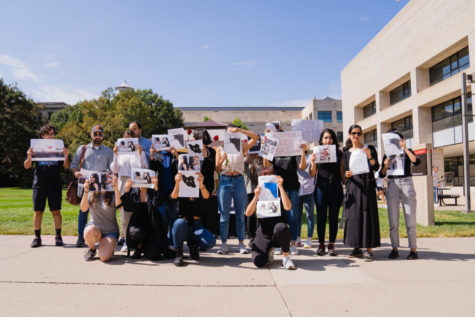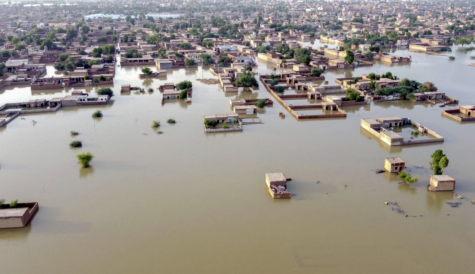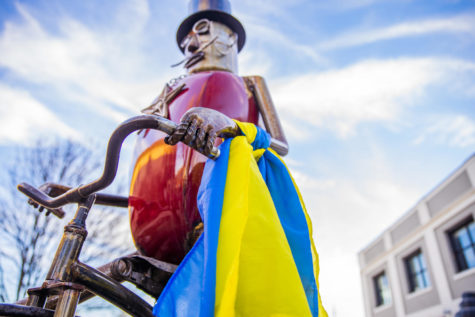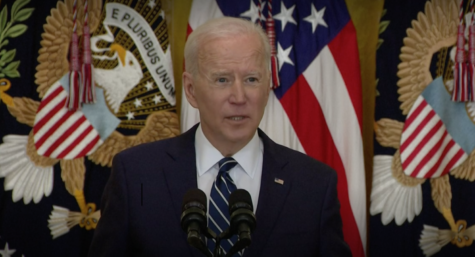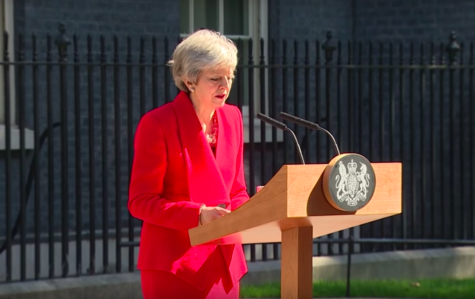Top Syrian officials killed in major blow to al-Assad’s regime
July 18, 2012
A deadly attack on top Syrian officials Wednesday delivered the harshest blow yet to President Bashar al-Assad’s regime, bringing the bloodshed into his inner circle, and even his family.
Four top officials were killed in an explosion at a national security building in Damascus, and some other people were wounded, state TV reported.
Defense Minister Dawood Rajiha; Deputy Defense Minister Assef Shawkat — al-Assad’s brother-in-law; Hasan Turkmani, al-Assad’s security adviser and assistant vice president, and Interior Minister Mohammed Ibrahim al-Shaar were killed, the state TV reports said.
The attack, during a meeting of ministers and security officials, was coordinated by several rebel brigades in Damascus, said the deputy head of the opposition Free Syrian Army, Col. Malek al-Kurdi.
The government described it as a suicide bombing. But al-Kurdi said a remote control was used to detonate an explosive device planted inside the meeting room.
Video from a Damascus suburb showed Syrians rejoicing after news spread of the bombing.
Al-Assad quickly named Gen. Fahd Jassem al-Freij as defense minister, state-run news agency SANA said.
The attack represents “a massive psychological blow to the regime” and will accelerate al-Assad’s “demise,” said Anthony Skinner, an analyst with the think tank Maplecroft.
It could suggest that, after a 16-month relentless uprising, “the regime itself is crumbling,” said Rime Allaf, an analyst with Chatham House.
Events in Syria show “a real escalation in fighting,” said U.S. Defense Secretary Leon Panetta.
It “tells us that this is a situation that is rapidly spinning out of control, and for that reason it’s extremely important that the international community, working with other countries that have concerns in that area, have to bring maximum pressure on Assad to do what’s right, and to step down and to allow for that peaceful transition. “
The attack came as violence increased in the capital. Loud explosions and heavy gunfire echoed through the city Wednesday, the opposition Local Coordination Committees of Syria said.
With the Syrian government restricting access to the country by foreign journalists, there was no immediate way to confirm reports on the blast.
The opposition Syrian Observatory for Human Rights said initial reports indicate a car bomb caused an “intense explosion” in Damascus.
Syrian Information Minister Omran al-Zubi, speaking on state TV, vowed that those behind the attack will be held accountable, even if they are outside the country.
The attackers targeted a committee that deals not only with security matters but all sorts of problems facing Syrians, he said.
He also insisted that those trying to divide the army are failing. “This army has not been divided,” he said.
But increasing numbers of officials in the Syrian military have defected in recent days.
Two more brigadier generals fled to Turkey overnight, bringing the number of Syrian generals in Turkey to 20, a Turkish Foreign Ministry official said.
Rajiha, a member of the country’s minority Christian community, was named by the United States Treasury in sanctions this year. U.S. citizens were prohibited from engaging in transactions with him and some other officials amid what the U.S. government called Syria’s “continued use of violence against its people.”
In 2006, the Treasury named Shawkat — then Syria’s director of military intelligence — in an executive order, freezing his assets and prohibiting U.S. citizens from engaging in transactions with him. At the time, the U.S. government called Shawkat “a key architect of Syria’s domination of Lebanon, as well as a fundamental contributor to Syria’s long-standing policy to foment terrorism against Israel.”
Days ago, Nawaf al-Fares, the former Syrian ambassador to Iraq who became the country’s highest diplomatic defector, told CNN that Shawkat had run an al Qaeda in Iraq training camp.
A U.S. official said al-Fares’ claim was “broadly consistent with our understanding” of the Syrian regime’s cooperation with al Qaeda “elements.”
But the Syrian regime has repeatedly denied involvement in terrorist activities — and in fact has blamed the violence of the past 16 months on “armed terrorist groups.”
Al-Zubi, speaking Wednesday on state TV, noted that the attack that killed the four men coincided with a meeting of the U.N. Security Council.
The council could vote Wednesday on the fate of 300 U.N. monitors as a Friday deadline looms.
The observers’ work has been largely curtailed due to relentless violence that has surged in recent weeks and has moved into the capital, Damascus.
Western countries are pushing for a resolution that threatens sanctions against al-Assad’s regime if government forces don’t stop attacks. That draft also calls for renewing the U.N. observer mission for 45 days.
But throughout Syria’s 16-month crisis, Russia has opposed any international effort that seeks to blame, punish or change the Syrian government. Russia — along with China — has vetoed two previous draft resolutions in the U.N. Security Council, leading to accusations that Russia is protecting the Syrian regime.
Russia, meanwhile, has put forth its own draft, which “strongly urges all parties in Syria to cease immediately all armed violence in all its forms.” The Russian draft also calls for renewing the U.N. observer mission for three months.
Kofi Annan, joint envoy to Syria for the United Nations and the Arab League, has put forward a peace plan that has failed to stop the violence.
He met Tuesday with Russian President Vladimir Putin in Moscow.
In New York, members of the Syrian National Council, a prominent political opposition group, said the Security Council must do more to protect people in Syria against escalating violence.
Bassma Kodmani said the group is ready to explore “other alternatives,” including calling on regional powers, to help protect the Syrian people if the deadlock at the Security Council persists.
She further blamed the uncertainties and division of the international community over Syria for the opposition’s inability to unify.
“If you want unity of one of voice of the Syrian opposition, you will not get it, but if you want a joint position on what the objective is, I think we have it,” she said.
Since the crisis began in March 2011, the United Nations estimates, more than 10,000 people have been killed in the violence; opposition activists say more than 15,000 have died.
In the besieged city of Homs, “regime forces have intensified the shelling by using helicopter gunships, artillery and mortars in the city,” the LCC said.
By midday Wednesday, at least 15 people had been killed across the country, the opposition network said.
— CNN’s Salma Abdelaziz, Holly Yan, Richard Roth, Josh Levs and Brian Walker contributed to this report.






